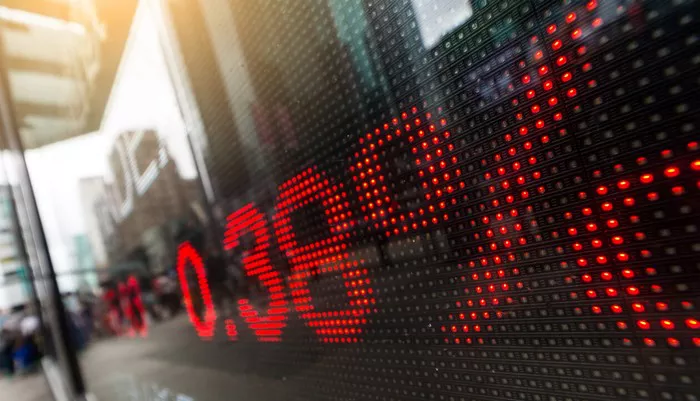Futures contracts play a significant role in financial markets, offering investors opportunities to hedge risk, speculate on price movements, and diversify portfolios. Central to futures trading is the concept of exchange trading, where contracts are bought and sold on regulated exchanges. In this article, we explore the relationship between futures contracts and exchange trading, clarifying misconceptions and highlighting the benefits of trading on exchanges.
Definition of Futures
Futures contracts are standardized legal agreements to buy or sell a specific asset at a predetermined price on a future date. These contracts enable market participants to lock in prices for commodities, financial instruments, or other assets, providing certainty and mitigating risk associated with price fluctuations.
Exchange Trading
Futures contracts are always traded on regulated exchanges, which serve as centralized marketplaces where buyers and sellers come together to execute trades. These exchanges play a crucial role in ensuring transparency, liquidity, and fairness in the futures market. By providing a platform for price discovery and facilitating the clearing and settlement of trades, exchanges contribute to the efficient functioning of the market.
Standardization and Regulation
One of the distinguishing features of futures contracts is their high level of standardization. Contracts traded on exchanges adhere to uniform specifications regarding the underlying asset, contract size, expiration date, and other terms. Moreover, futures trading is subject to strict regulatory oversight by government agencies like the Commodity Futures Trading Commission (CFTC) in the United States. This regulatory framework helps maintain market integrity and protects investors’ interests.
Role of Exchanges
Futures exchanges serve as vital intermediaries in the trading process, providing a platform where buyers and sellers can transact with confidence. These exchanges establish rules and regulations governing trading activities, monitor market activity, and enforce compliance with regulatory standards. Additionally, exchanges facilitate clearing and settlement procedures, ensuring that trades are executed smoothly and efficiently.
Access to Exchanges
While individuals cannot directly access futures exchanges, they can trade futures contracts through brokerage firms that are members of the exchange. These brokerage firms, also known as futures commission merchants (FCMs), act as intermediaries between retail traders and the exchange. By opening accounts with FCMs, investors can gain access to exchange-traded futures contracts and participate in the market.
Comparison with OTC Products
In contrast to exchange-traded futures contracts, over-the-counter (OTC) products like forwards are not standardized and are negotiated directly between counterparties. Unlike futures contracts, which are traded on centralized exchanges with standardized terms, OTC derivatives are customized to meet the specific needs of the parties involved. While OTC markets offer flexibility and tailored solutions, they may also lack transparency and liquidity compared to exchange-traded products.
Examples of Exchanges
Several well-known futures exchanges operate globally, providing platforms for trading a wide range of futures contracts. Examples include the Chicago Mercantile Exchange (CME), the world’s largest futures exchange, which offers contracts on commodities, equities, and interest rates. Another prominent exchange is the Intercontinental Exchange (ICE), known for its energy and agricultural futures contracts. These exchanges play pivotal roles in global financial markets, serving as key hubs for futures trading.
Benefits of Exchange Trading
Exchange trading offers several advantages for market participants. Firstly, it provides reduced counterparty risk, as transactions are guaranteed by the exchange’s clearinghouse. Additionally, exchange trading promotes price transparency, allowing investors to access real-time market data and pricing information. Moreover, exchanges offer a diverse array of financial instruments, catering to different investment strategies and risk profiles.
Conclusion
In summary, futures contracts are always traded on regulated exchanges, where standardized contracts are bought and sold by market participants. These exchanges play integral roles in ensuring transparency, liquidity, and efficiency in the futures market. By providing centralized platforms for trading, establishing robust regulatory frameworks, and facilitating clearing and settlement processes, exchanges contribute to the overall stability and integrity of the financial system. Understanding the relationship between futures contracts and exchange trading is essential for investors looking to engage in futures trading and navigate the complexities of the derivatives market with confidence.


